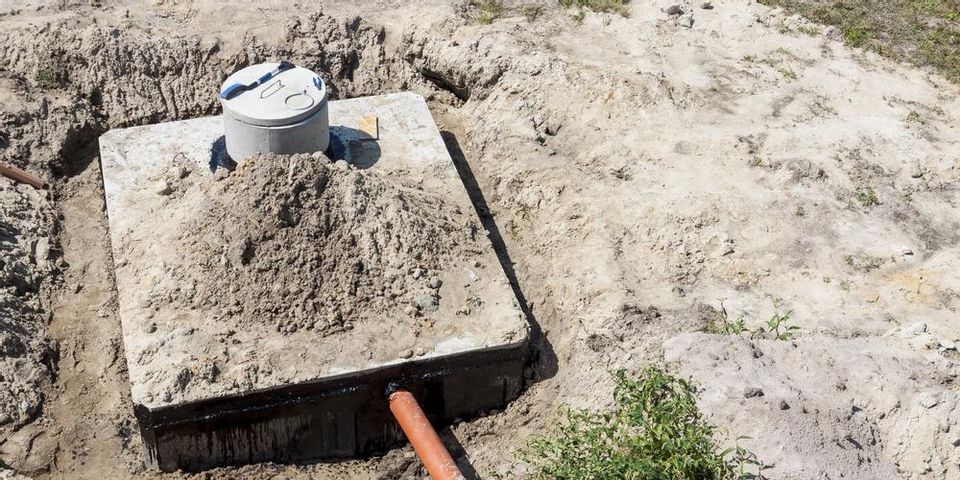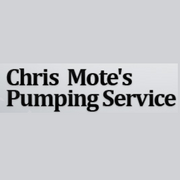Why Septic Tank Installations Are Better for Sewage Disposal Than Cesspools

There are a number of homes in rural areas that don’t have access to a sewer system, which means they must depend on a private waste disposal solution. The most common options are to get a septic tank installation or have a cesspool. While the latter may have been an acceptable method years ago, over time, their disadvantages have made septic tanks the more agreeable choice. Any property owner trying to decide between the two should be aware of what makes cesspools undesirable for many property owners.
Cesspools are pits dug deep into the ground and lined with a porous material. Drainpipes are set up to route wastewater directly from the inside of a home into the pit. Solids settle at the bottom and liquids seep out into the soil and gravel surrounding the pit. Because they allow effluent to be expelled right into the earth, they are hazardous to have near natural sources of water, including water wells.
I f a cesspool is improperly installed or not pumped often enough, there is a good chance it will contaminate the groundwater or find its way into the home’s basement. In addition, another frequent problem with cesspools occurs when solids fill up the pit, causing it to overflow and discharge a foul odor.
f a cesspool is improperly installed or not pumped often enough, there is a good chance it will contaminate the groundwater or find its way into the home’s basement. In addition, another frequent problem with cesspools occurs when solids fill up the pit, causing it to overflow and discharge a foul odor.
Overall, septic tank installations do a much better job of getting rid of sewage in a safe manner. This is why they are typically approved in many communities where cesspools are not. Septic tanks are designed to naturally treat sewage before allowing it to absorb into the soil, unlike cesspools. They also require less maintenance, though they do need professional pump-outs periodically to prevent overflowing.
The more homeowners understand the differences between cesspools and septic tanks, the better equipped they will be to make an informed decision on which is best for their property. For the most reliable septic tank installations and pumping services in Gainesville and Cleveland, GA, residents turn to Chris Mote’s Pumping Service. They have helped numerous clients avoid messy and costly sewage problems. Contact them at (770) 530-2034, or visit them online to learn more.
About the Business
Have a question? Ask the experts!
Send your question

